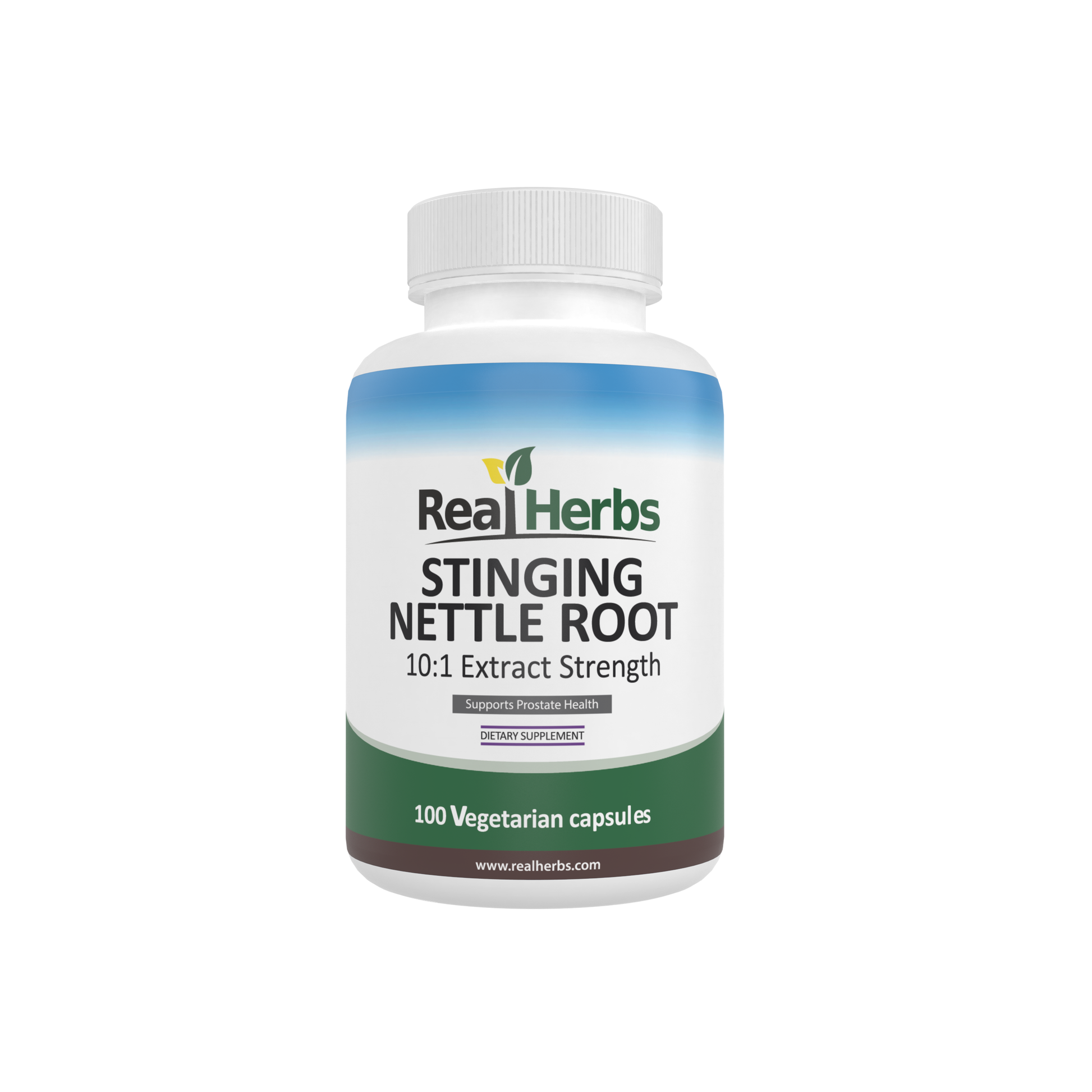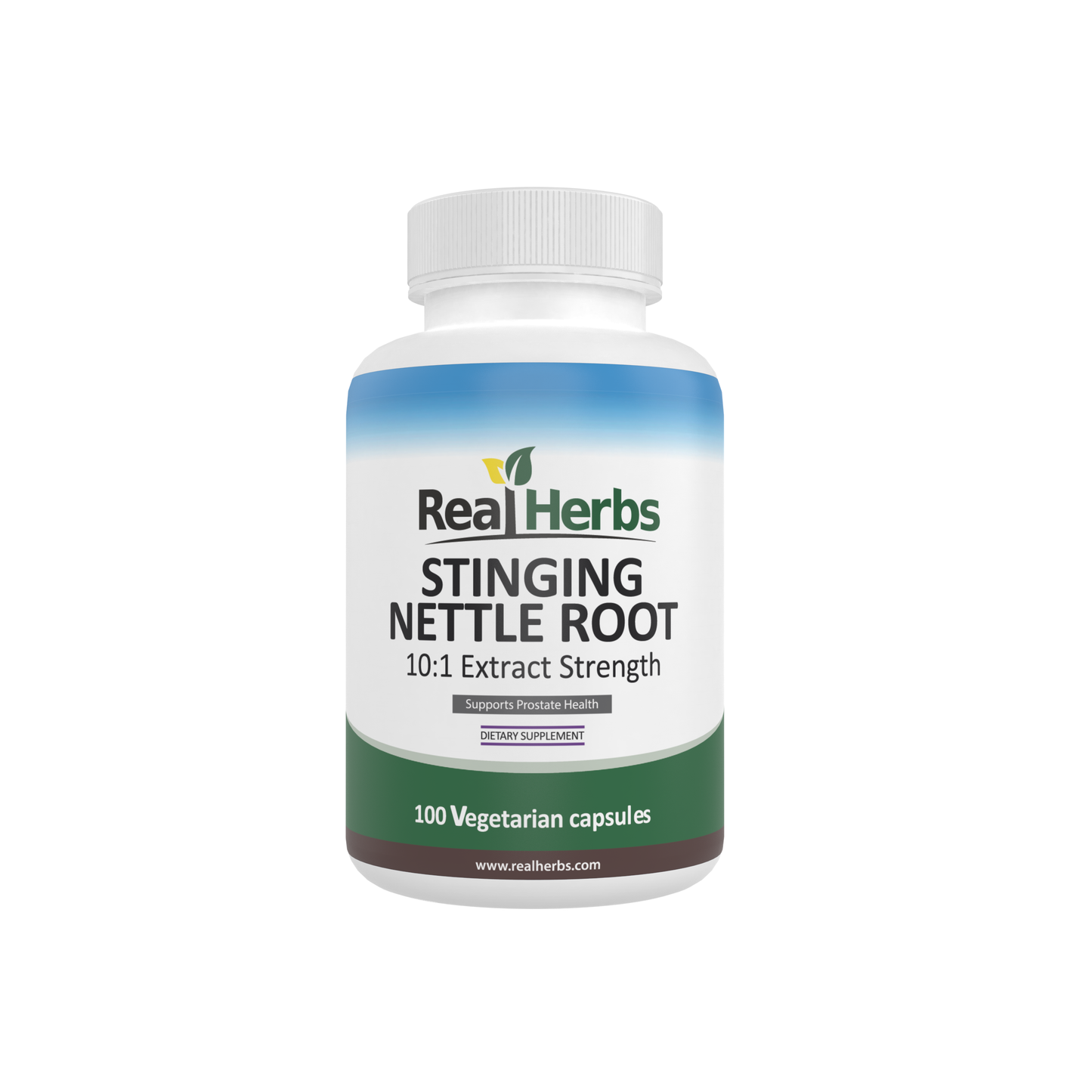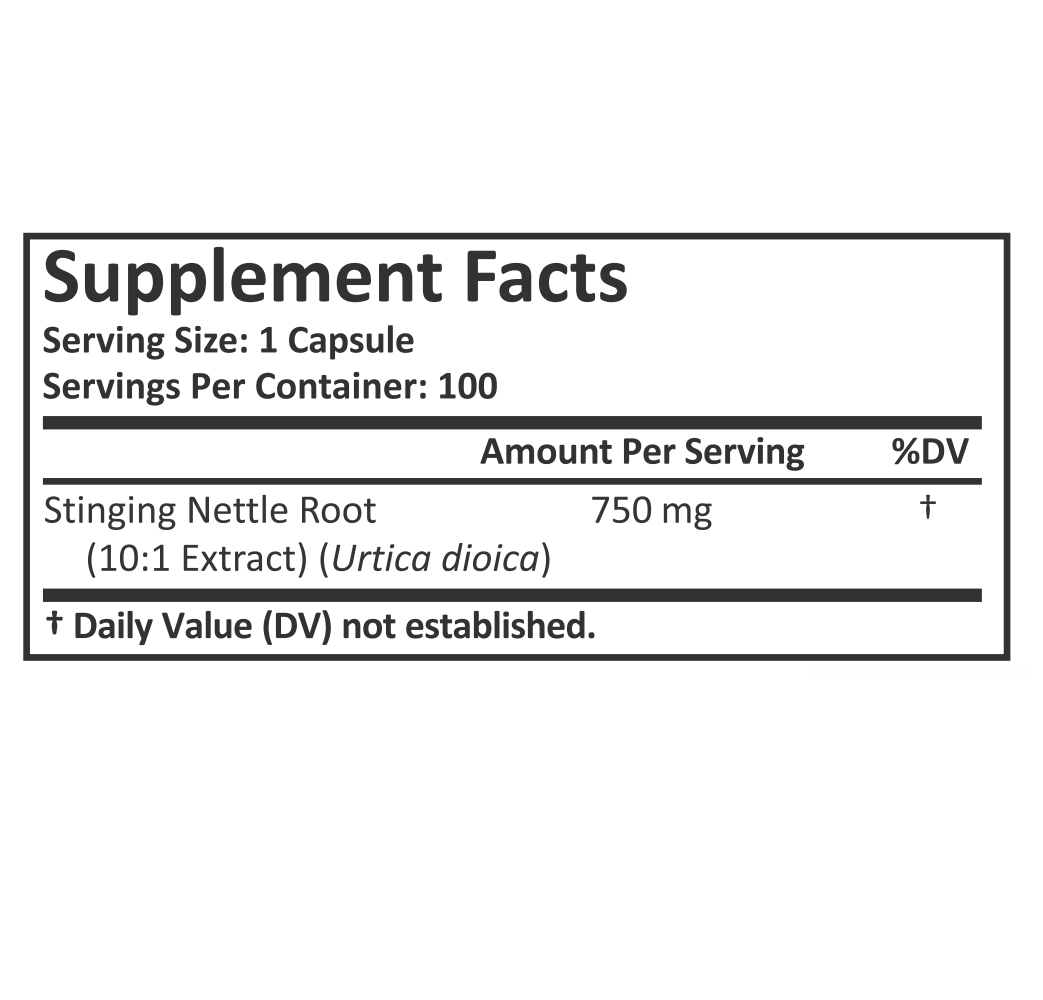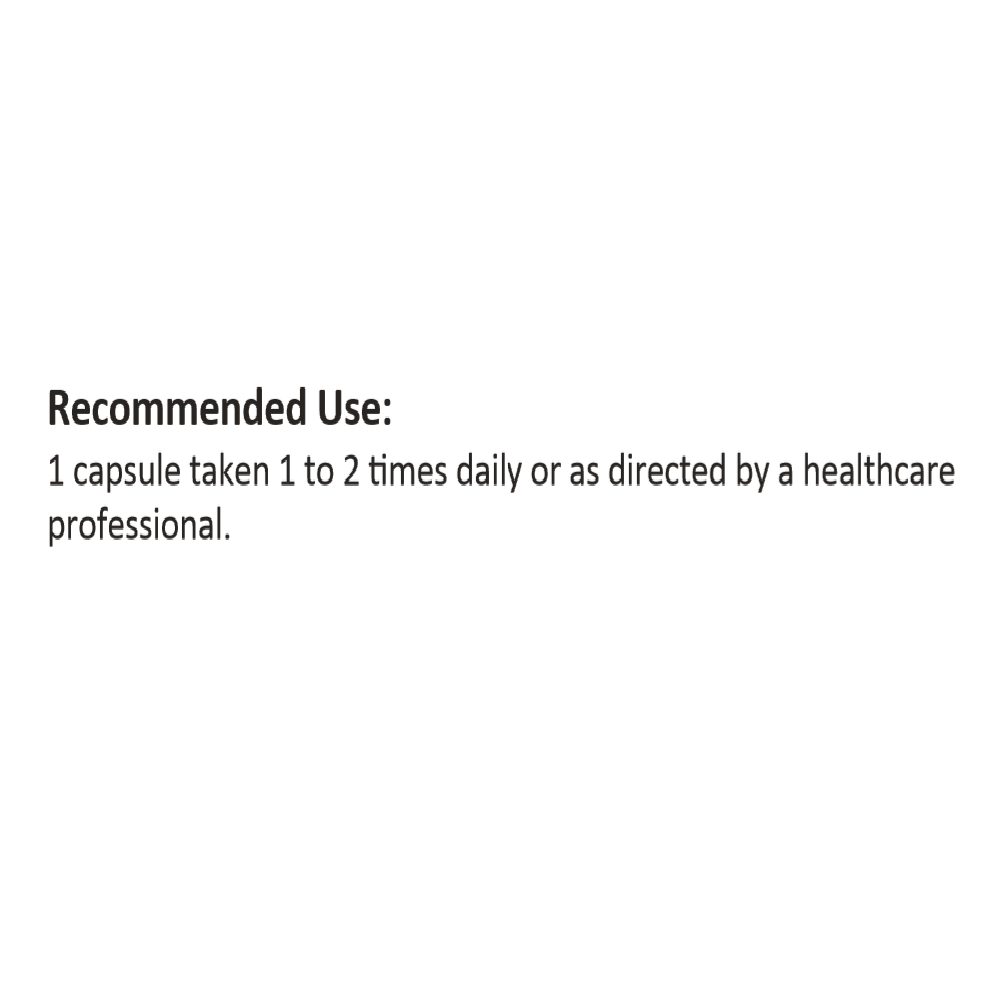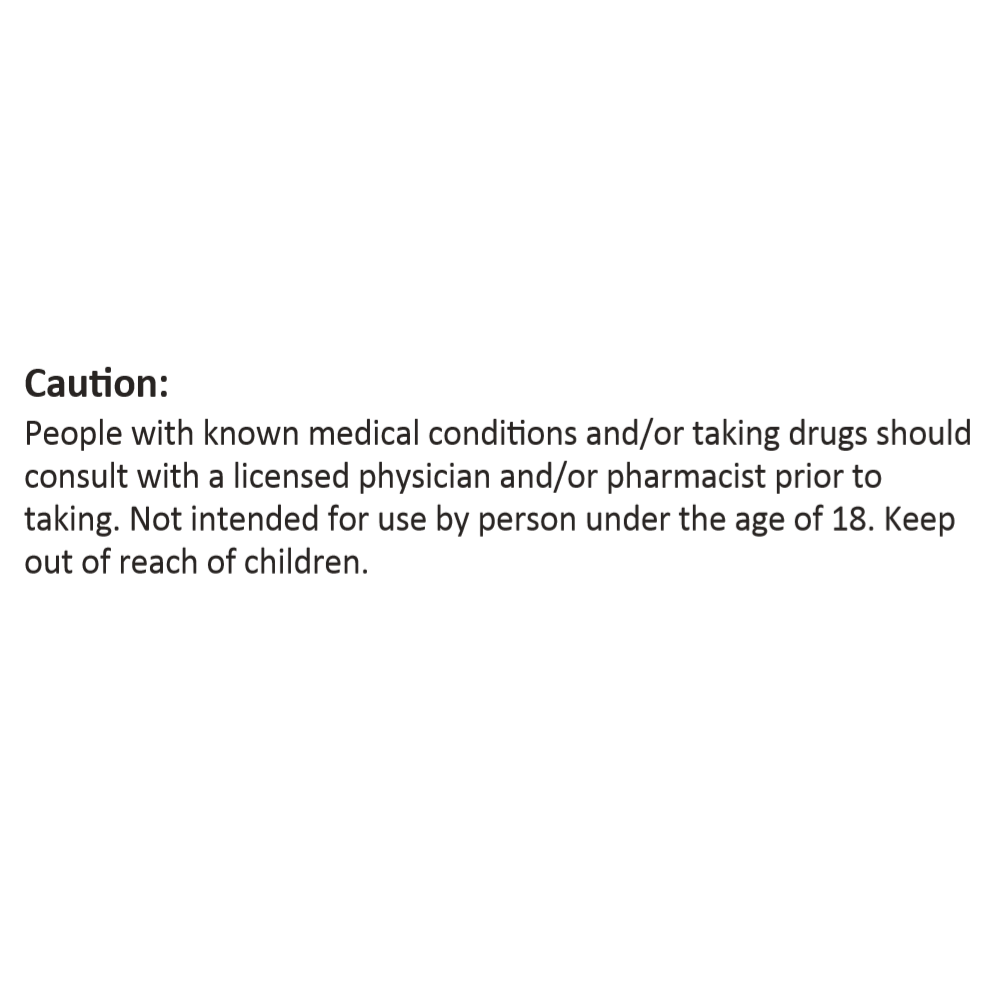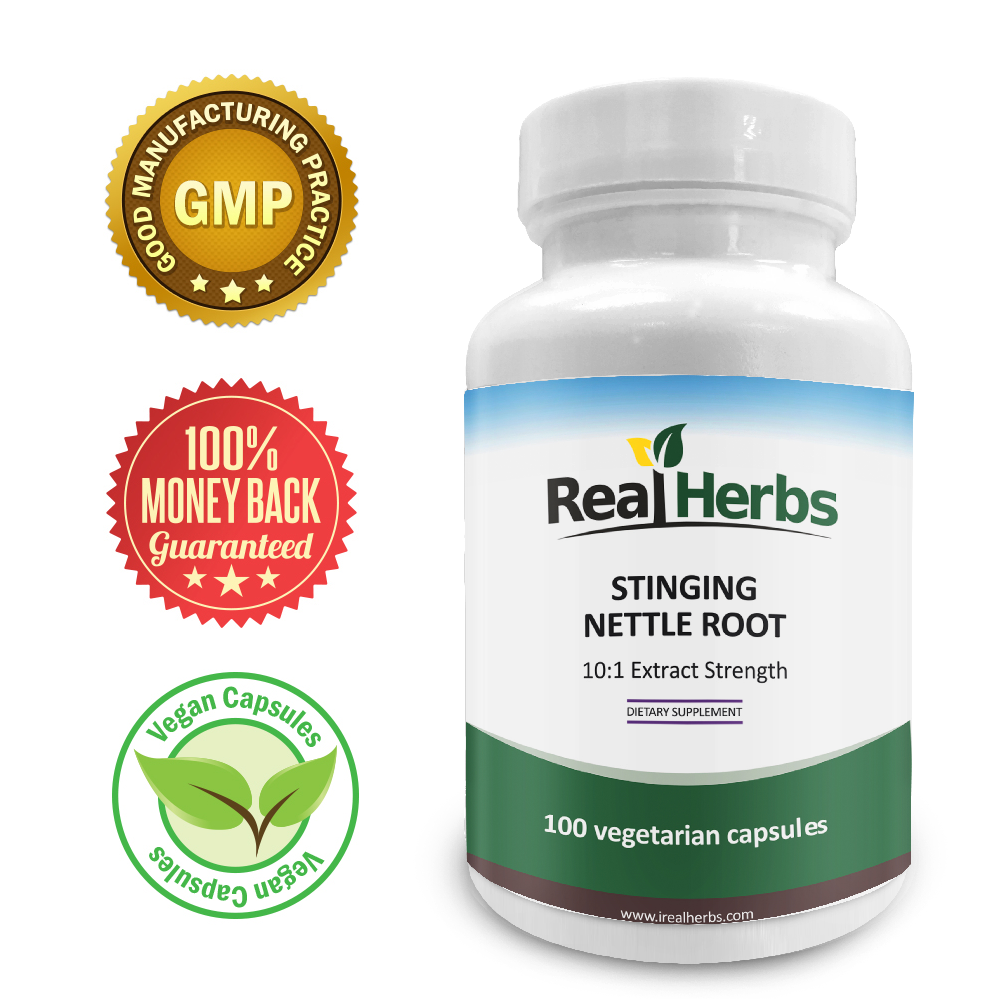Introduction:
Are you tired of battling with allergy symptoms? Sneezing, itchy eyes, and a runny nose can be incredibly frustrating. If you're seeking natural alternatives to manage your allergies, you may have come across stinging nettle root. But does it really work? In this article, we'll explore the potential benefits of stinging nettle root for allergies and discuss the scientific evidence behind its use.
Understanding Allergies:
Allergies are an overreaction of the immune system to substances called allergens. Common allergens include pollen, dust mites, pet dander, and certain foods. When exposed to these allergens, the body releases histamine, leading to typical allergy symptoms such as nasal congestion, itching, and inflammation.
Overview of Stinging Nettle Root:
Stinging nettle (Urtica dioica) is a perennial plant that has been used for centuries in traditional medicine. While its leaves and stems are covered in tiny hairs that can cause skin irritation upon contact, the root of the stinging nettle plant is believed to have medicinal properties. It contains various bioactive compounds, including flavonoids, lectins, and phenolic acids, which may contribute to its potential health benefits.
Research and Evidence:
Several studies have investigated the effects of stinging nettle root on allergy symptoms. In a randomized controlled trial published in the journal Planta Medica, researchers found that participants who took stinging nettle root extract experienced a significant reduction in symptoms such as sneezing, itching, and congestion when compared to a placebo group. However, it's important to note that more research is needed to fully understand the effectiveness of stinging nettle root for allergies.
Potential Benefits for Allergies:
Stinging nettle root may offer several potential benefits for allergies. It is believed to possess anti-inflammatory properties that could help reduce nasal congestion and relieve itching. Additionally, some studies suggest that stinging nettle root may inhibit the release of histamine, which plays a central role in allergic reactions. However, individual responses may vary, and it's essential to consult a healthcare professional before incorporating stinging nettle root into your allergy management plan.
Possible Side Effects and Precautions:
While stinging nettle root is generally considered safe for most people, it's crucial to be aware of potential side effects and precautions. Some individuals may experience mild gastrointestinal symptoms, such as an upset stomach or diarrhea. Stinging nettle root may also interact with certain medications, including blood thinners and diabetes medications. Pregnant or breastfeeding women should avoid stinging nettle root due to a lack of safety data in these populations. As always, it's advisable to consult with your healthcare provider before starting any new treatment.
Usage and Preparation:
Stinging nettle root can be found in various forms, including capsules, teas, or tinctures. The appropriate dosage may vary depending on the specific product and individual circumstances. It's best to follow the instructions provided by the manufacturer or seek guidance from a qualified healthcare professional. When preparing stinging nettle root tea, it is important to handle the herb with caution to avoid the stinging effect of the plant's tiny hairs. Use gloves or choose commercially prepared products to minimize this risk.
Conclusion:
In conclusion, stinging nettle root shows promise as a potential natural remedy for allergies. While there is some scientific evidence supporting its use in alleviating allergy symptoms, further research is needed to establish its effectiveness and safety conclusively. As with any treatment, it's advisable to consult with a healthcare professional beforeincorporating stinging nettle root into your allergy management plan. They can provide personalized advice based on your specific situation and medical history.
Remember, allergies can vary greatly among individuals, and what works for one person may not work for another. It's essential to explore a holistic approach to allergy management, which may include lifestyle changes, avoiding allergens, and consulting healthcare professionals for guidance.
Additional Resources:
- American Academy of Allergy, Asthma & Immunology (AAAAI): www.aaaai.org
- National Center for Complementary and Integrative Health (NCCIH): nccih.nih.gov
- PubMed: www.ncbi.nlm.nih.gov/pubmed
- WebMD: www.webmd.com

